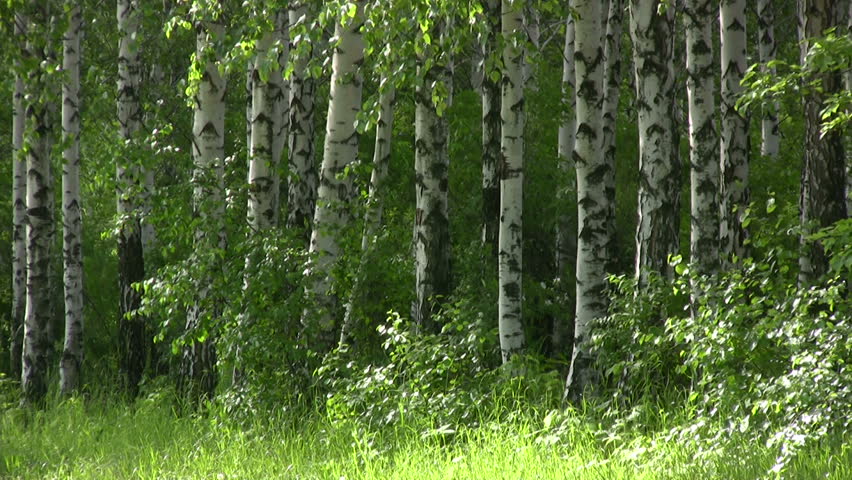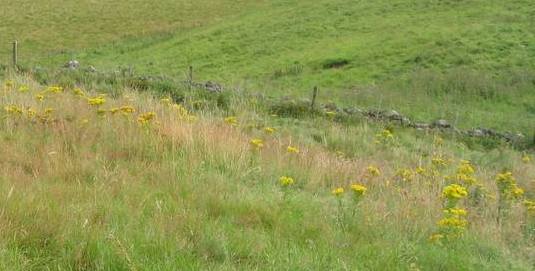BRP season passes are around ~$150 if I recall correctly. The price goes down depending how far into the year its purchased.Of the more known P2P places, selah, BRP, VQ, etc, how many offer a seasonal/yearly type pass? Also, are there family pass options or an equivalent? If so, about how much on average are these being priced at?
I feel like these types of operations should offer something similar to what I described since it just makes sense to me, but maybe not everyone sees it that way.
For a local this would be an absolute steal.

